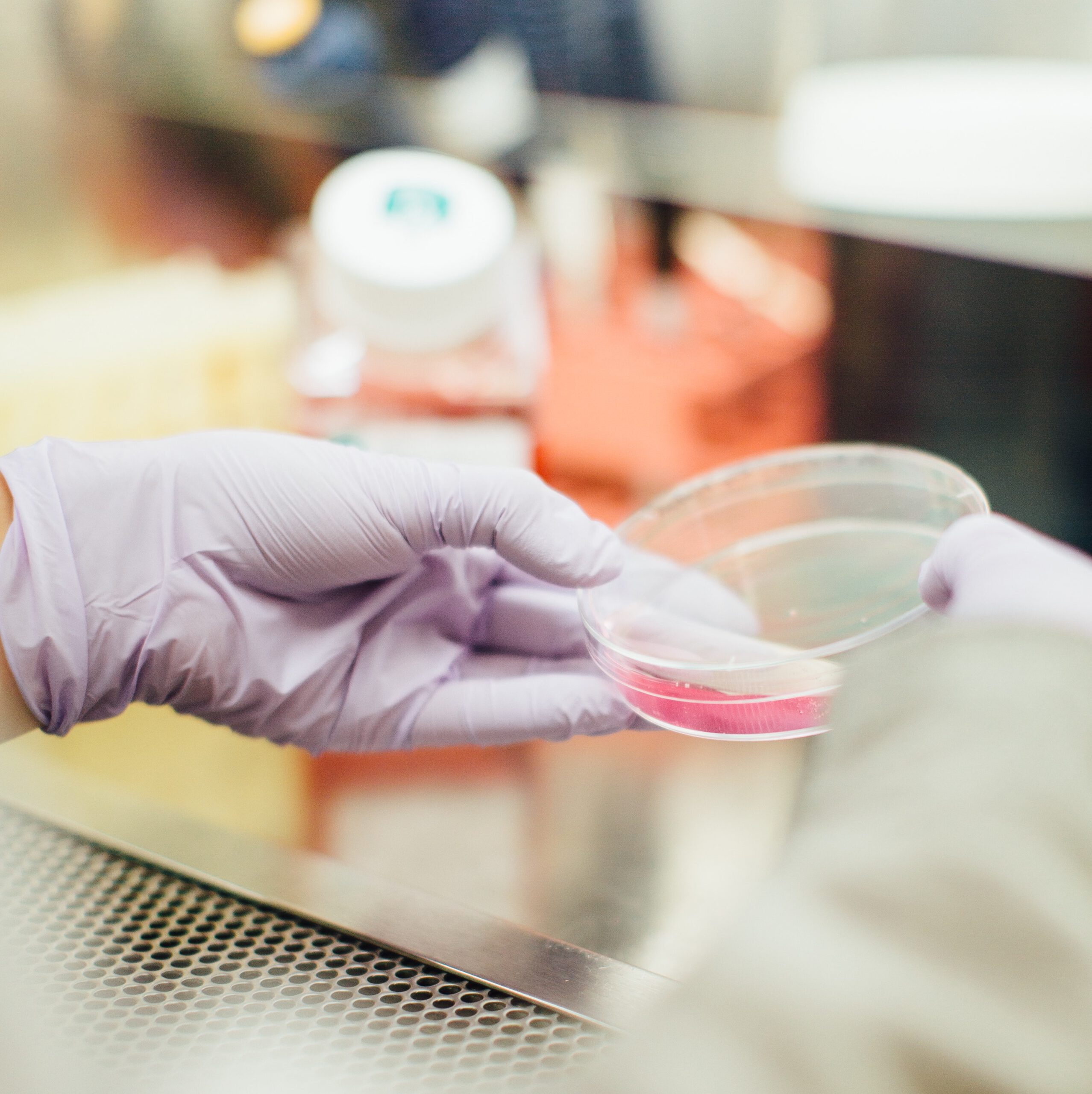
Although COVID-19 is primarily a respiratory disease, there is a growing body of evidence showing that it has a direct impact on the gastrointestinal system. Understanding how this system is affected by the disease will help us to better understand its biological mechanisms.
Using human cells in petri dishes, researchers from the Netherlands have proven that COVID-19 can infect also gastrointestinal tissue and trigger gut inflammation1. This was later confirmed in living humans, as feces from COVID-19 patients were characterized by elevated levels of the pro-inflammatory marker calprotectin2. Despite this evidence for the strong link between COVID-19 and our gut, almost nothing is known about the effect of the infection on the gut microbiota of COVID-19 patients.
To answer this question, researchers from Hong-Kong analyzed the fecal microbiota composition from 15 COVID19 patients during their hospitalization time3 and compared outcomes with 15 healthy individuals. Results showed that fecal microbiota from patients with COVID-19 presented lower abundances of commensal (“good” ) bacteria and higher levels of opportunistic pathogenic (“bad”) bacteria. Commensals are either harmless or beneficial bacteria for the gut ecosystem, which help us to digest nutrients from our diet that we cannot process without them (i.e. complex fibers). They also help to maintain a good immune balance, and they shield our gut against potential invaders. As the researchers found that the COVID 19 patients had a reduction in the population of commensal bacteria, this might reflect a compromised gut due to the infection. Their gut is also more susceptible to secondary infections due to the increased presence of opportunistic pathogens. These differences between the gut microbiota composition of COVID19 patients and the healthy individuals were persistent even when the patients were discharged from the hospital and were negative for COVID19. This suggests a long term effect on the population of the gut microbes.
The researchers also made another interesting discovery. It seems that the amounts of certain bacteria in the gut are correlated with the amount of COVID 19 (the so-called viral load) detected in patients’ feces. During the hospitalization time, the bacteria Bacteroides dorei, Bacteroides thetaiotaomicron, Bacteroides massiliensis, and Bacteroides ovatus, were negatively correlated with COVID-19 load in feces. These bacteria belong to the same phylum Bacteroidetes, and some of which have been shown before to downregulate the expression of angiotensin-converting enzyme 2 (ACE2) receptor in the mouse gut4. This is of great importance since COVID-19 uses the same receptor to enter the host cells and begin the infection5. Hence, these bacteria may confer protection in the gut against COVID-19, through the downregulation of ACE2 receptor, the COVID-19 entry point.
Moreover, researchers found that the microbial composition of COVID-19 patients at baseline (i.e. at the start of the infection) was associated with disease development. COVID-19 patients who had higher abundances of the bacteria Coprobacillus, Clostridium ramosum, and Clostridium hathewayi in their gut the first days of their hospitalization, had more severe disease outcome. Similarly, patients with high abundances of the anti-inflammatory bacterium Faecalibacterium prausnitzii experienced a less severe clinical course. These findings imply that baseline microbiota may be used as a potential non-invasive marker to predict disease outcome, or as a therapeutic target to help with providing proper treatment to those who are most likely to develop severe disease symptoms.
This pilot study has several limitations, such as small sample size, and further studies are necessary to draw safe conclusions. However, it is the first study that tries to shed light on the effect of COVID-19 on the gut microbiota during the infection period. This can offer us valuable insights to better understand the disease pathogenicity, manage gastrointestinal problems in COVID19 patients, or even use gut bacteria to predict how severely someone will get ill.
References
1. Lamers MM, Beumer J, van der Vaart J, et al. SARS-CoV-2 productively infects human gut enterocytes. Science 2020.
2. Effenberger M, Grabherr F, Mayr L, et al. Faecal calprotectin indicates intestinal inflammation in COVID-19. Gut 2020.
3. Zuo T, Zhang F, Lui GC, et al. Alterations in Gut Microbiota of patients with COVID-19 during time of hospitalization. Gastroenterology 2020.
4. Geva-Zatorsky N, Sefik E, Kua L, et al. Mining the human gut microbiota for immunomodulatory organisms. Cell 2017;168:928-943. e11.
5. Shang J, Ye G, Shi K, et al. Structural basis of receptor recognition by SARS-CoV-2. Nature 2020;581:221-224.
